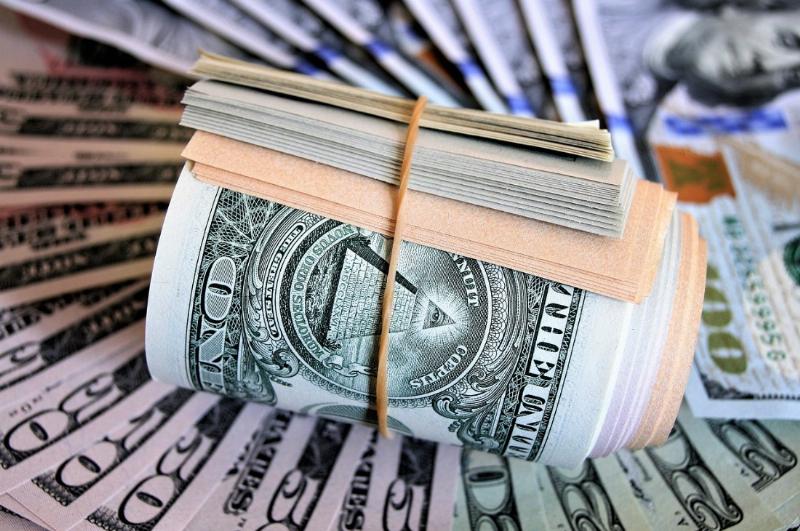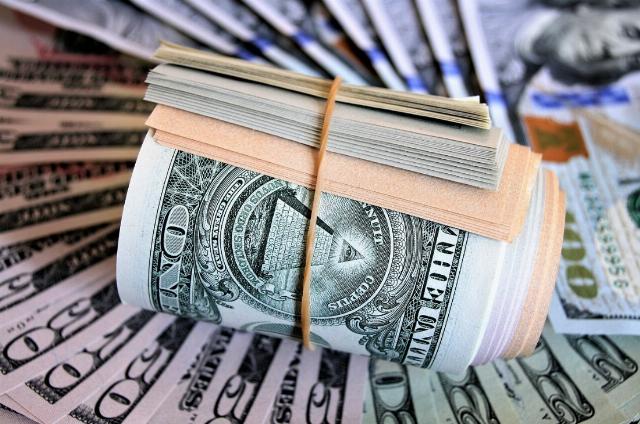


Years ago, I was dragged up to Berkeley to witness a lecture presented by Cornell West and Michael Lerner. The advertised topic was “Why should Jews and black folks happily coexist?” The answer came early in the presentation: They are both the innocent victims of rapacious capitalism.
As they continued, West and Lerner screeched out their infatuation with socialism. One of their main targets was the tyranny of pricing. According to them, stores should not place prices on their goods. Customers should just toss what they feel they should pay into a basket by the exit door. Rush Limbaugh did a segment on this nonsense, in which he told about a trust fund heiress in New York State who used her unearned wealth to open just such a store. She lasted about two months before she went totally broke.
Zohran Mamdani is spewing the exact same ridiculousness as he continues to lead the pack in pursuit of New York City’s mayoralty. It seems that food is way too expensive, partly because of price-gouging by those greedy grocers. Food stamps and other forms of welfare just aren’t enough — so the government has to get into the retail grocery business. Kind of reminds me of what Khrushchev said in his memoir about how empty the shelves were in Russian stores when he became general secretary of the Communist Party.
For starters, there’s much more than one retail grocery company — anywhere. They are compelled to turn a profit, since nobody ever goes into business just for his health. But they also need to pay rent and keep the lights on and the refrigerators humming, while also putting money aside for spoiled perishables, taxes, salaries, and insurance.
What is seldom mentioned in lefty screeds about retail businesses is that they are at the tail end of the supply chain. Typically, producers sell to wholesalers or distributors, who then deliver compiled orders of various different items to the retailers, who then in turn sell them to the final consumer. By that time, the maximum amount of value has been added to the product. In our modern world, improved efficiency in this process has made many items less expensive than they would otherwise be. “Big box” stores such as Walmart and Costco are good examples — as well as online commerce, where shoppers have access to what amounts to a global marketplace.
Business owners hate competition. They would much rather be the only game in town. But such is hardly ever the case. In my years as a small business operator, I went through three “cyclical” recessions. I could tell the recession had ended when the phone started, once again, to ring. I also wound up, initially, with fewer competitors, since not everybody survived the downturn.
Recessions in a free-market economy have a kind of winnowing effect. Less efficient enterprises tend to be forced out of existence by the rough economic conditions of the moment. This is kind of Darwinian. But, after activity picks up, new start-ups begin to appear, and competition resumes.
The true beneficiaries of competition are consumers. Commies like to blame “price-fixing,” but there’s usually several other retail sources or substitute products for the sovereign consumer to take advantage of.
Advances in technology can also influence competition. For example, railroads and then gas engine–powered trucks vastly expedited the process of bringing goods to market. Other technologies have lowered the costs of production from farming to metal fabrication.
But sometimes a new technology may look good but can really be a financial disaster in waiting. Electric school buses at first looked like a great idea, but so far, they seem to be a disaster, at least from a business standpoint. Most of today’s tech buzz centers on artificial intelligence — which is likely to achieve multifarious results, such as improved accuracy in medical diagnoses, while also putting the security of some intellectual properties in jeopardy.
Underpinning the left’s hatred of competition is its love of government as the source of all that is good in the world. It just so happens that government is a monopoly and is thus effectively immune to competition — except during election contests, but only for the small part of the government that actually has to bother getting elected.

Image: pasja1000 via Pixabay, Pixabay License.
